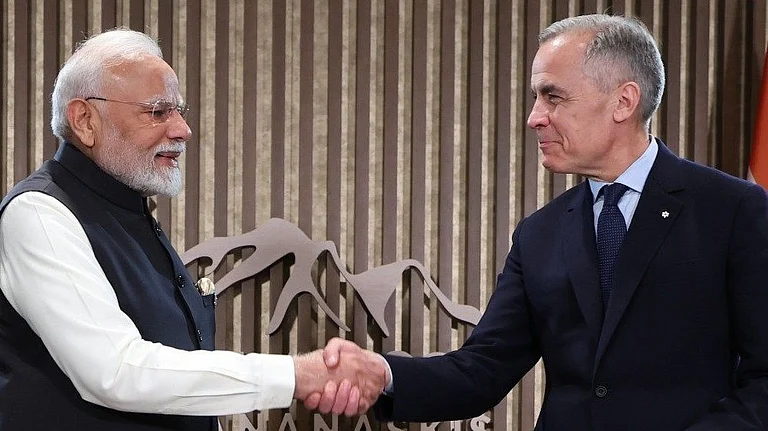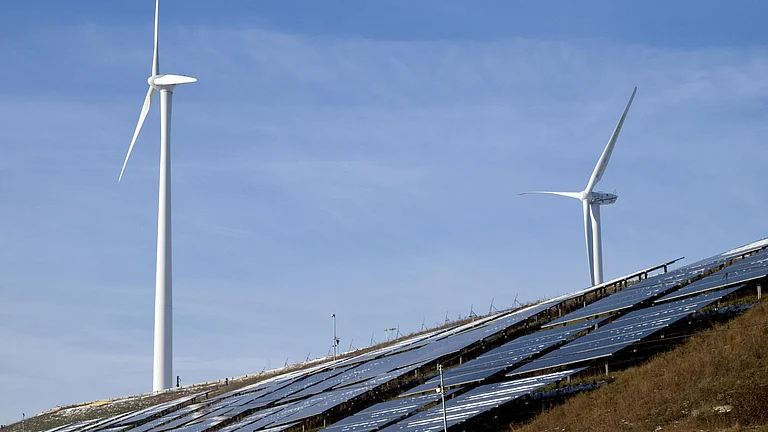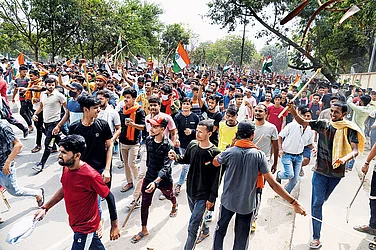A feisty Ramesh Chauhan bubbles with enthusiasm when he speaks of Bisleri Pop. It marks his return to the carbonated soft drinks business, one that he sold in 1993 to Coca-Cola for Rs.180 crore. Chauhan, Bisleri International’s chairman, has entered this market at a time when a health-conscious consumer is giving soft drinks the miss. Over the last two years, the market for soft drinks has struggled to grow beyond Rs.15,000 crore (of this, colas and lime bring in Rs.12,000 crore) and it is hard to miss segments like juices taking off in a big way. In this scenario, success for Chauhan, who is still test-marketing Bisleri Pop, looks extremely difficult.
He is banking on his understanding of the business and that is still evident. Maaza, with revenues of Rs.2,500 crore, is still the largest brand in Coca-Cola India’s portfolio, while ThumsUp continues to outsell Coke. This time Chauhan at 75, is playing, what he terms the product innovation game in addition to very attractive pricing. “All the soft drink brands are identical today and nothing has changed for the consumer for at least 20 years,” he says. To his mind, this is the big gap that exists and by adding a bit of lime to a cola, he has come up with a flavour called Spyci or a mixed fruit variant called Fonzo. There are two more flavours, Pina Colada and Limonita, and they all come with a price tag of Rs.10 for a 200 ml bottle and Rs.15 for a 300 ml bottle, which is at least 40% cheaper than competition. Bisleri Pop also has a 250 ml can priced at Rs.20. “Even the orange flavour seems to have died out. The only successful product with a difference in the recent past has been Paper Boat,” he thinks.
Chauhan is no mood to spend and the focus is on the top five cities for the moment. “There will be intensive marketing in these centres. In Mumbai, for example, we will use our existing distribution for Bisleri to reach out to the trade,” he says. Besides, he has launched Bisleri Pop in PET bottles, which not just reduces the chances of damage as compared to glass but can also be stored in any manner in the refrigerator. “There is no question of increasing the price and we want to get in the volumes.”
This is really the point where Chauhan’s plans could go awry. Retailers stock only fast moving brands and it is hard to find more than two to three colas at any outlet or an equal number of lemon drinks. “A soft drink is an impulse consumption product and the consumer does not like to spend time looking for it. Besides, most of India’s soft drink consumption is done outdoors,” points out Arvind Sharma, former chairman, Leo Burnett, the agency that handled all of Coca-Cola’s brands. If the fight for shelf space is intense, consuming the product at home will not be easy either. “There is a low level of comfort when it comes to having carbonated drinks at home and the preference is for juices. Maaza is consumed at home since it is not carbonated,” he says. Chauhan thinks his relationship with the trade on the back of Bisleri mineral water and soda will stand him in good stead.
If he has got it right on price, there cannot be any let up on quality. His energy drink, Urzza, launched in 2014, at half the price of Red Bull, failed to take off and has since been withdrawn. Chauhan admits he got it wrong on positioning and Urzza became a me-too version of Red Bull. “We should be back in four to six months with a better version,” he says. Sharma thinks Bisleri Pop, with its flavours, could do well in large format supermarkets, where space is not a constraint. “The brand may be bought here as a part of a larger purchase but never on an impulse. In that case, it will find it hard to grow,” he says. Chauhan, this time around, will need to use all his wisdom to get it right on quality, price and shelf space. That is not easy especially when competition has deep pockets and will do anything to protect their turf.





























